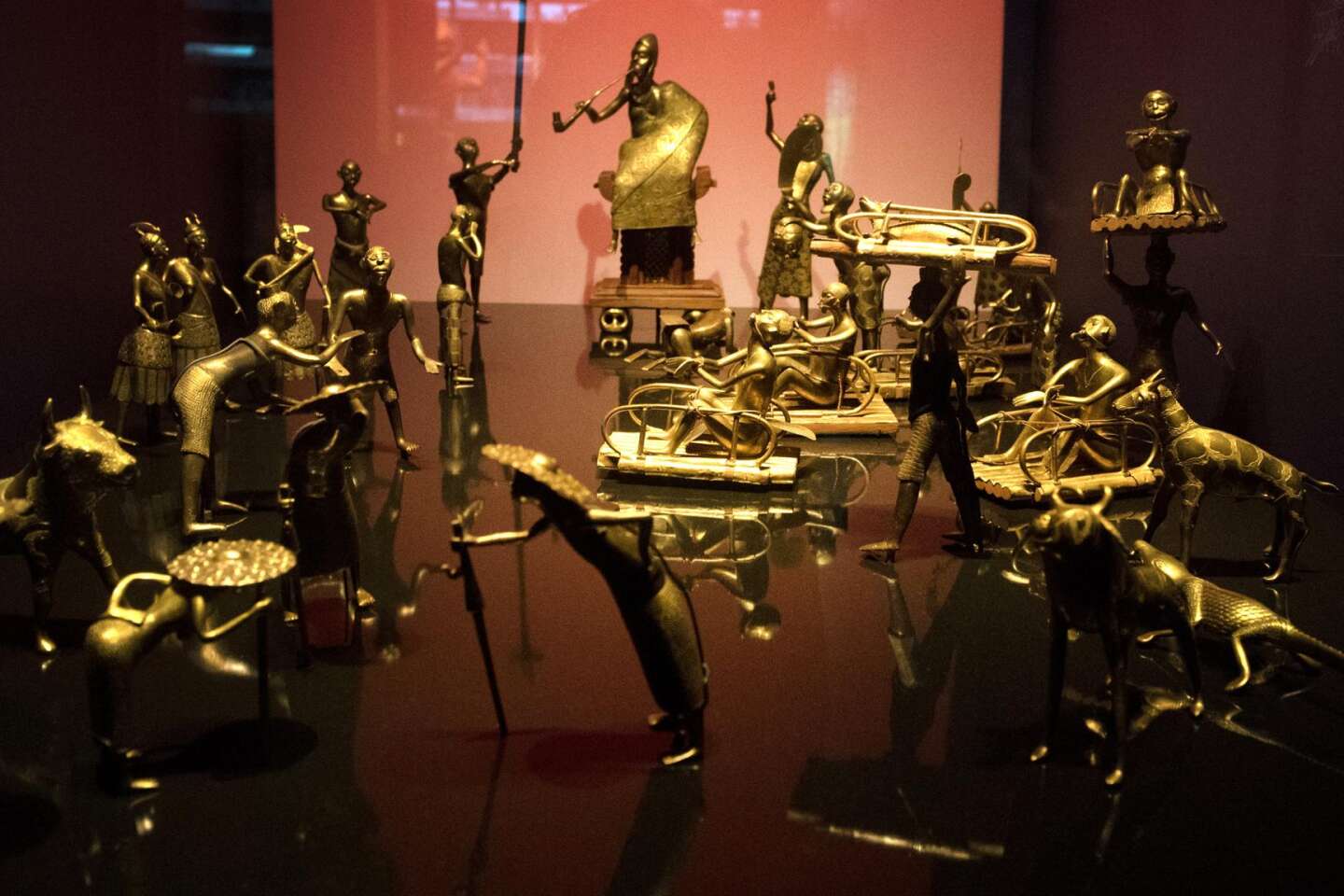


In November 2017, at the University of Ouagadougou, President Emmanuel Macron announced, "I want, within five years, the conditions to come together for the temporary or definitive restitution of [items of] African cultural heritage to Africa." After decades-long struggles by despoiled peoples to do exactly that, this declaration, followed by the Sarr-Savoy report in 2018, raised great hope on the African continent, particularly in French-speaking countries, some of whose greatest treasures have been in France since the colonial conquests.
In December 2020, France passed a law permitting the repatriation of a few treasures to Benin and Senegal. In 2023, after the adoption of two restitution laws concerning, respectively, the property of dispossessed Jewish families and human remains, we continued to watch, attentively and with great hope, the legislative project concerning property taken from colonized peoples.
Through the means of ambitious cultural policies, the construction or renovation of museums, and the strengthening of their heritage institutions, our countries have prepared to joyfully welcome the return of their patrimony to their native lands. Benin is building an award-winning international Vodun museum in its capital, Porto Novo, where the famous statue of the god Gou is due to be unveiled.
Series of flaws
The postponement of the promised law is a shock to us. The Conseil d'Etat's legitimate criticisms of the bill drafted by the French government, which were revealed by Le Monde, highlight a series of flaws. The Conseil d'Etat raises the point that the bill contravenes a fundamental principle: the removal of public property from the public domain must be motivated by a higher public interest, a compelling reason, that alone can justify an exemption to the inalienability of public collections.
However, the bill only mentions the "conduct of international relations and cultural cooperation," which does not constitute a higher public interest. This reason is directly inspired by the 2023 report titled "Shared heritage: Universality, restitution, and circulation of works of art," which is not in line with the speech made by President Macron in 2017 in Ouagadougou. While cultural cooperation with France, as with other countries, is dear to us, it cannot replace the need to recover our patrimony.
In 1978, Amadou-Mahtar M'Bow, then the director general of UNESCO, wrote: "These men and women who have been deprived of their cultural heritage therefore ask for the return of at least the art treasures which best represent their culture, which they feel are the most vital and whose absence causes them the greatest anguish. This is a legitimate claim." Isn't the cultural interest of people a compelling reason, a higher general interest?
You have 60.39% of this article left to read. The rest is for subscribers only.
